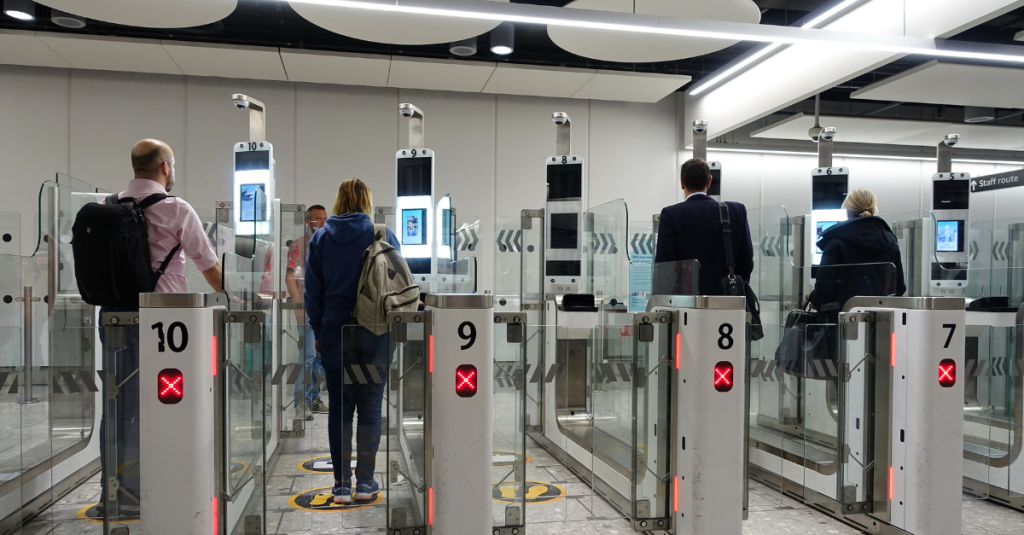The European Union has postponed the introduction of the Entry/Exit System (EES) for non-EU citizens, initially set for November.
- Key travel industry bodies such as Abta, Advantage Travel Partnership, and Aito have expressed approval for this delay.
- Essential member states, namely Germany, France, and the Netherlands, have reported unpreparedness, influencing the postponement.
- Despite ongoing preparations, the delay provides additional time for the travel industry to ready itself and inform the public.
- Stakeholders stress the importance of avoiding peak travel periods during EES rollout to prevent major disruptions.
The European Union has decided to delay the launch of its biometric Entry/Exit System (EES) initially scheduled for November. This postponement comes after notable member states, including Germany, France, and the Netherlands, reported that their systems were not ready for implementation.
In response, major industry bodies such as Abta, Advantage Travel Partnership, and Aito have welcomed the decision. Luke Petherbridge from Abta highlighted the relief within the industry, noting the uncertainty and challenges posed by the previously anticipated November start.
Petherbridge commented, “It is good to know the full implementation of EES is no longer expected in November… we do still need urgent confirmation and clarification on the next steps.” His remarks underline the industry’s stance on needing clear directives to adequately inform travellers.
Advantage Travel Partnership’s CEO, Julia Lo Bue-Said, noted the delay will allow necessary preparations across the UK outbound travel sector. She acknowledged that while significant work was completed in anticipation, the postponement helps enhance public awareness and readiness, reducing potential travel disruption.
Christina Brazier from Aito emphasized the benefit of a phased introduction, supporting comprehensive testing before full-scale enforcement. She pointed out the potential concerns for vulnerable travellers and the need for clarity on unresolved issues. The delay, she suggested, offers valuable time for both EU and member states to prepare effectively.
Importantly, efforts will focus on ensuring the EES does not coincide with peak travel times, minimizing travel disruptions once it launches. The travel industry is expected to maintain an advisory role for both members and customers throughout this transition.
The EES delay offers added preparation time for the travel industry to manage implementation and public communication effectively.

